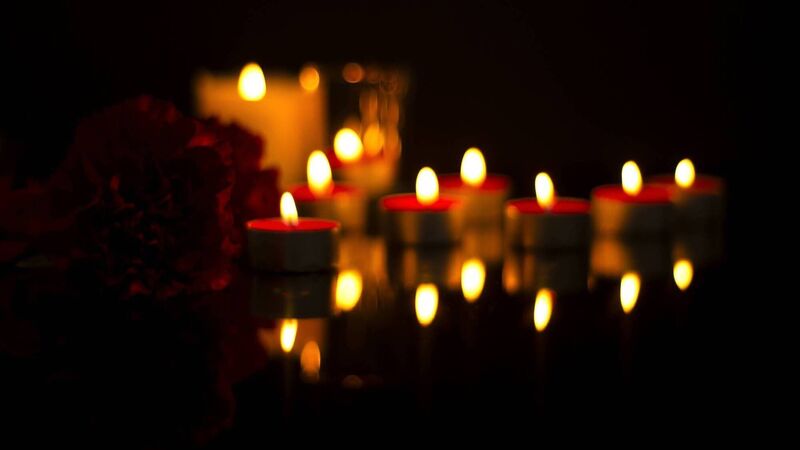Sarah Harte: Why are Irish people not culturally daunted by death?

Death is the one transition, apart from birth, that we all go through, writes Sarah Harte. Picture: iStock
Why, as Irish people, are we not culturally daunted by death? One hypothesis I read was that we are accustomed to loss due to our long history of migration, which is an interesting observation.
As a character in Kiran Desai’s much-praised novel currently shortlisted for this year’s Booker Prize, says: “An immigrant story is also a ghost story and a murder story."












